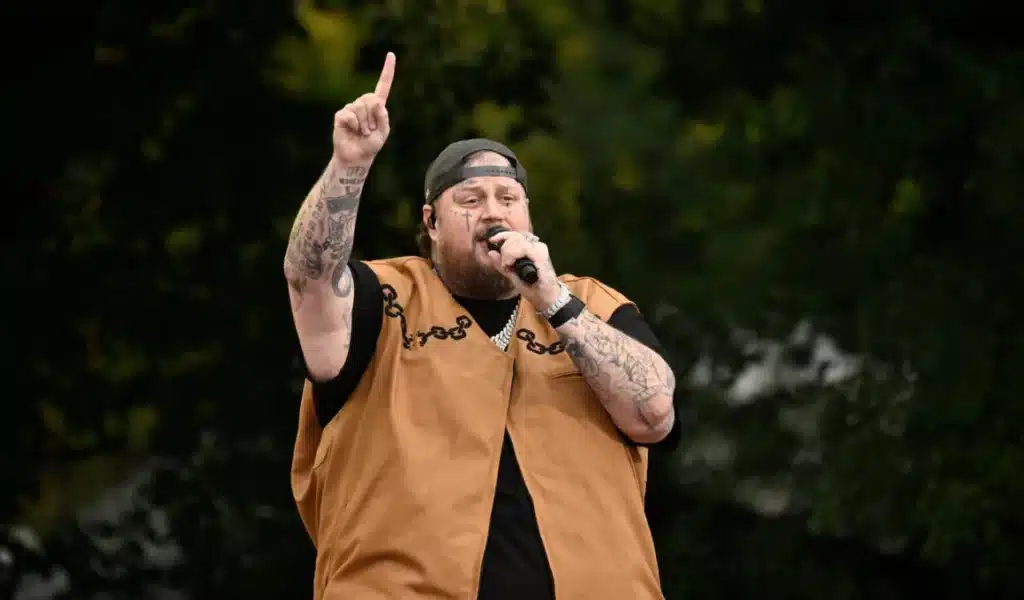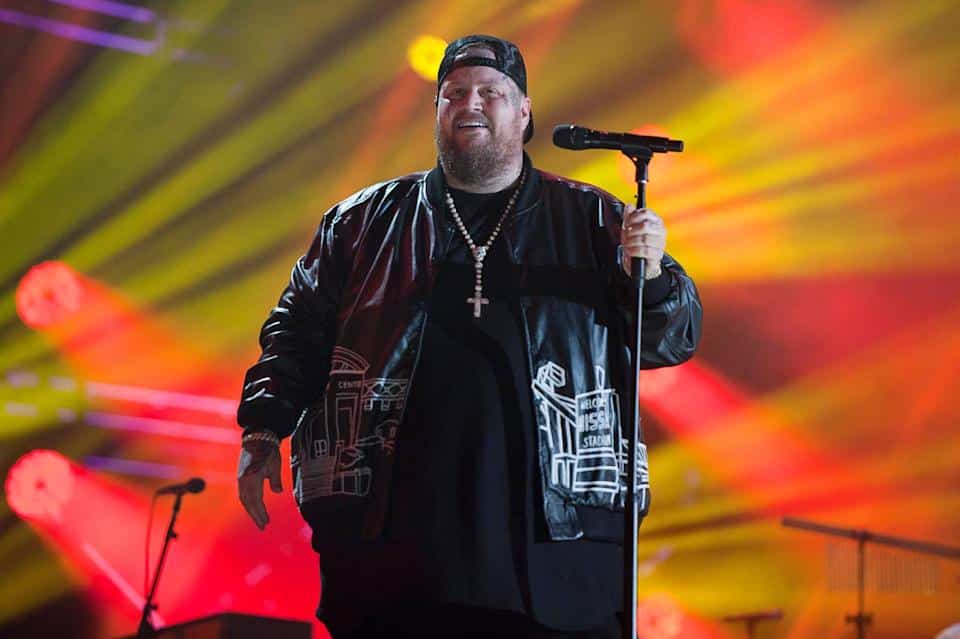Jelly Roll Sparks Backlash Over Pride Month Comments: “June Is for Everyone, Not Just for Politics”
Country-rap star Jelly Roll (Jason DeFord) has stirred intense controversy after declaring he would not participate in Pride Month this year. In a now-viral social media post on June 1, he wrote:
“WOKE doesn’t deserve to be celebrated. I won’t be part of this agenda. June is for everyone, not just for politics.”
Though he didn’t directly mention the LGBTQ+ community, the timing and phrasing strongly suggested a distancing from Pride Month, sparking a wave of criticism and debate.
A Statement Open to Interpretation
Jelly Roll followed up by saying he has “love for everyone” but rejects what he calls “division” and “political correctness.” Still, critics argue the language—particularly the use of “woke”—echoes a broader culture war and aligns with anti-LGBTQ+ rhetoric that has become more common in some corners of public discourse.
The Fallout: Reactions from All Sides
Artists like Kacey Musgraves responded quickly. Her sharp tweet—“Pride is not politics. It’s survival”—reflected the widespread frustration among fans and LGBTQ+ voices.
GLAAD and the Human Rights Campaign called Jelly Roll’s comments “irresponsible,” warning that such statements, even indirectly, can reinforce dangerous stigmas.
On the other side, some fans and right-leaning voices applauded him for “standing firm,” framing his post as a defense of personal freedom and resistance to “ideological pressure.”
A Complicated Persona
What makes this moment especially jarring is Jelly Roll’s backstory. He’s long been seen as an underdog—singing about addiction, mental health, and personal transformation. His music resonates with many in marginalized communities, making this perceived step back from Pride feel, to some, like a betrayal.
“He built his brand on pain and redemption,” wrote one Reddit user. “You can’t do that and then ghost the people still in that fight.”
Others offered a different take:
“You can support human dignity without supporting the politics of Pride,” one fan commented. “He’s allowed to draw his own line.”
Larger Themes at Play
Jelly Roll’s comments land in a familiar and growing cultural rift. Like Morgan Wallen and Jason Aldean before him, he’s now part of a broader conversation: Can artists remain neutral in politically charged times, or does silence—or even ambiguity—take a side?
What Pride Really Means
For many LGBTQ+ people, Pride is far from a political stunt. It’s a remembrance of protest, resilience, and visibility in a world that hasn’t always made space for them. Critics of Jelly Roll argue his framing reduces that to a talking point.
“It’s not about being ‘woke,’” said activist Jalen Ortiz. “It’s about survival. And when public figures speak, they influence whose stories are heard.”
Bottom Line
Whether intended as political commentary or personal belief, Jelly Roll’s words have sparked a firestorm. In today’s climate, artists don’t just create music—they shape public discourse. And in moments that matter, what they choose to say—or not say—carries real weight.
As Pride Month continues, this incident is a reminder of the divide between those who see visibility as activism—and those who see it as politics.

